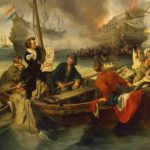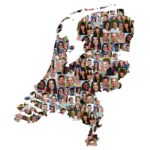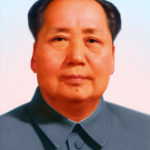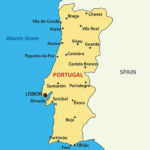In 1927, Julien Benda denounced ‘’The treason of intellectuals”, or the pursuit of excessive nationalist preferences by his contemporaries over universal values. Ninety years later, roles have been reversed. The intellectual class of the West has a new religion, globalisation, and has completely forsaken the native communities of the West.
If the working class of the West is suffering or if the middle class is shrinking, it does not matter, because globalisation has brought ‘’global economic growth” and the rest of the world is better off. Similarly, when Western intellectuals lose their leveraged bets in the global financial casino, and the whole casino crashes, it is up to the average Westerner to ‘’save the world” at its expense. A cry of horror rises when Donald Trump wants to protect manufacturing jobs instead of ‘’saving the world” from climate change. Westerners do not like Islamic terrorist attacks? That’s too bad for them; investment from Gulf countries that sponsor Wahabism or the Muslim Brotherhood, like Saudi Arabia and Qatar, are more important than the lives of Western citizens. The priority should be to let Gulf countries fund mosques and cultural centres and make sure they are not offended whenever one of their own murders Western citizens. Continue reading




















